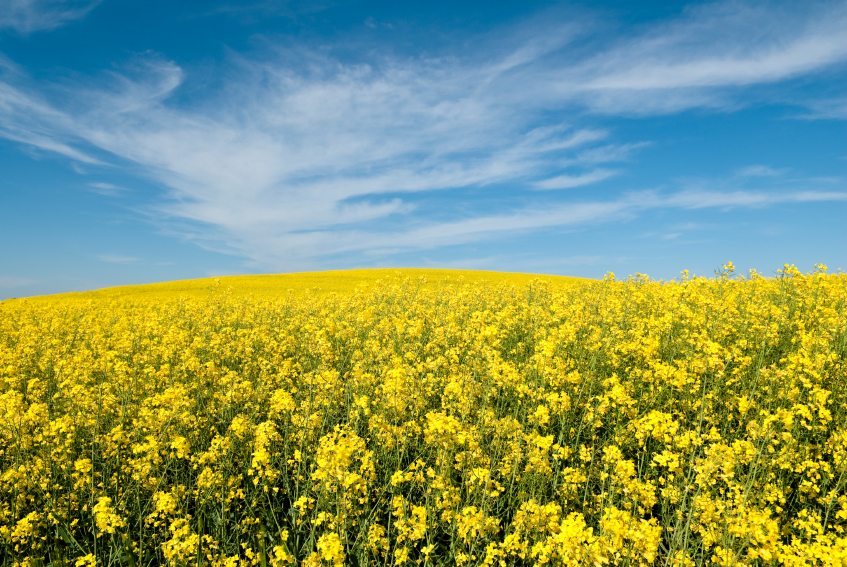The Codex Committee on Pesticide Residues has advanced for adoption the proposed maximum residue limit (MRL) for quinclorac in canola, although an international MRL at Codex is not yet formally adopted. The Codex Alimentarius Commission is expected to officially adopt the report of the Codex Committee on Pesticide Residues at its July 2018 meeting.
Growers are advised to contact their grain buyer before using quinclorac in 2018 as processors and grain handlers remain concerned about market risk.
“For the canola industry, access to technology and stable trade are both high priorities,” says Jim Everson, president of the Canola Council of Canada (CCC). “Ensuring that exported canola meets the requirements of our foreign markets, including with respect to pesticide residues, is of utmost importance to the value chain. We look forward to the formal adoption of the MRL this summer.”
The decision of the Codex Committee on Pesticide Residues to advance all the proposed draft quinclorac MRLs (including canola) for adoption at Step 5/8 during the week of April 9-14 is a result of a process spanning several years.
According to the CCC, processors and exporters continue to have concern about quinclorac-treated canola being accepted in China before the Codex Alimentarius Commission finalizes its process. Processors and exporters have indicated that until the report is formally adopted, they will not commit to accepting canola treated with quinclorac in 2018. Growers are advised to contact their grain buyer directly before using quinclorac in 2018 or to use other cleavers control methods.
To prevent market access issues related to pesticide residues, the CCC monitors requirements in major markets, works with life science companies to promote voluntary responsible commercialization, works with the Government of Canada to get MRLs established as fast as possible in export markets and promotes best practices with growers through the Keep it Clean program to meet export requirements. The CCC contributes to the Canada Grains Council, alongside other grain value chains, to advance cross-commodity policy solutions internationally.
Keep it Clean reinforces Canada’s commitment to delivering consistently superior agricultural products to markets around the world. It’s a program started by the CCC in 2006 and expanded with Cereals Canada and Pulse Canada to emphasize important on-farm decisions to produce quality canola, cereals and pulses that meet market requirements. Visit www.keepingitclean.ca to learn more.





